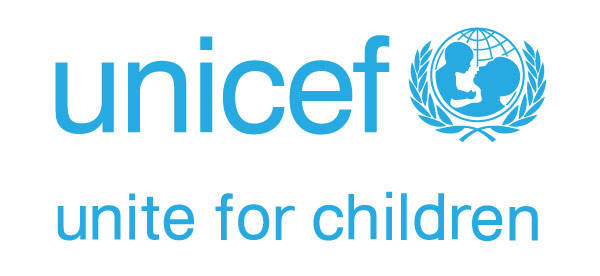UNICEF estimates over 25,000 babies delivery in Nigeria on New Year’s Day
As the calendar turns to 2019, UNICEF has called on countries to meet every newborn’s right to health and survival. UNICEF also predicted an estimated 25,685 babies will be born in Nigeria on New Year’s Day, with the babies making up 6.5 percent of the estimated 395,072 babies born globally on New Year’s Day. UNICEF […]

As the calendar turns to 2019, UNICEF has called on countries to meet every newborn’s right to health and survival.
UNICEF also predicted an estimated 25,685 babies will be born in Nigeria on New Year’s Day, with the babies making up 6.5 percent of the estimated 395,072 babies born globally on New Year’s Day.
UNICEF also stated that within Africa, Nigerian babies will account for almost 40 percent of all those born in West and Central Africa, and more than 23 percent of those born in sub-Saharan Africa.
“Globally, over half of the world’s births are estimated to take place in just eight countries, including Nigeria; India — 69,944, China — 44,940, Nigeria — 25,685, Pakistan — 15,112, Indonesia — 13,256, The United States — 11,086, The Democratic, Republic of Congo — 10,053 and Bangladesh — 8,428.
At current life expectancy rate, a child born in Nigeria today is likely to live only to the year 2074 that is, 55 years of age while a child born today in Denmark is likely to live until the 22nd century.
Only children born in three countries today have a lower life expectancy than that of Nigerian children: Central African Republic, Chad and Sierra Leone.
UNICEF Nigeria’s Acting Representative Pernille Ironside said, we can and must do more to ensure that children born in Nigeria survive their first day of life and are able to survive and thrive for many months and years to come.
Globally in 2017, about 1 million babies died the day they were born, and 2.5 million in just their first month of life.
In Nigeria, each year, about 262,000 babies die at birth, the world’s second highest national total, while every day in Nigeria, 257 babies die within their first month of life.
Among these children, most died from preventable causes such as premature birth, complications during delivery, and infections like sepsis and pneumonia, a violation of their basic right to survival
Ironside said, in Nigeria today, only one out of every three babies is delivered in a health centre, decreasing a newborn baby’s chance of survival adding that this is just one of the issues that need to be addressed in order to improve the chances of survival of those babies born today and every day.
“This New Year Day, let’s all make a resolution to fulfill every right of every child, starting with the right to survive. We can save millions of babies if we invest in training and equipping local health workers so that every newborn is born into a safe pair of hands,” the UNICEF acting representative stated.
